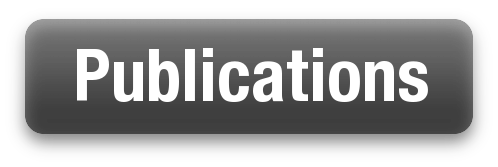Warning: count(): Parameter must be an array or an object that implements Countable in
/home/f5ixv0caczn0/public_html/wp-content/plugins/microkids-related-posts/microkids-related-posts.php on line
645
Marginalized
In her article Thinking about Marginalization: What, Who, and Why? Jane Jenson uses UNESCO’s definition of marginalization:
Marginalization occurs when people are systematically excluded from meaningful participation in economic, social, political, cultural and other forms of human activity in their communities and thus are denied the opportunity to fulfill themselves as human beings.
Expounding on this definition, Jenson explains that it is a common misconception that marginalization is solely a result of poverty. She clarifies, that lack of political rights, cultural involvement, education, power, and social recognition are also major factors in marginalization.
Using the education gap to measure marginalization, UNESCO has identified that women and the impoverished are two commonly marginalized groups within societies around the world. Women and individuals from the lowest classes in society are often unable to be politically and socially engaged within society due to lack of education, resources, and social and cultural recognition. Due to this exclusion from society marginalized people are vulnerable to being exploited and oppressed.
Marginalization relates to human trafficking because marginalized populations have been identified as being at risk of becoming victims of human trafficking. Marginalized people are lacking political, social, and cultural voice that calls for fair treatment and equal opportunity. Often this means the marginalized are forced to work unfair jobs and be in dangerous situations simply to survive.
Modern Day Slavery
Despite many misconceptions, slavery still exists today, the principle form being Human trafficking. CNN uses this definition of slavery:
Slavery occurs when one person completely controls another person, using violence or the threat of violence to maintain that control, exploits them economically, pays them nothing and they cannot walk away
This clip from CNN demonstrates that there are more slaves today (20-30 million) than ever in history, and it is cheaper to purchase a slave now than ever before. Free The Slaves provides three reasons for this rise of modern slavery: great population growth, rapid social and economic change, and government corruption. Free The Slaves explains that people are cheap and disposable and that the cost of a slave over the last 160 years has gone from approximately $40,000 in today’s equivalent, to just over $90 today.
Non-Governmental Organization: NGO
A non-governmental organization (NGO) is defined as:
any non-profit, voluntary citizens’ group which is organized on a local, national or international level. Task-oriented and driven by people with a common interest, NGOs perform a variety of service and humanitarian functions, bring citizen concerns to Governments, advocate and monitor policies and encourage political participation through provision of information. Some are organized around specific issues, such as human rights, environment or health. They provide analysis and expertise, serve as early warning mechanisms and help monitor and implement international agreements. Their relationship with offices and agencies of the United Nations system differs depending on their goals, their venue and the mandate of a particular institution.
In her article The Role of NGOs in Combating Human Trafficking and supporting (Presumed) Trafficked Persons, Suzanne Hoff explains that NGOs play a vital role in fighting modern day slavery. Hoff argues that the main role of NGOs is to monitor the implementation and development of national and international legislation. NGOs also contribute to awareness raising, lobbying/advocacy, prevention methods, victim care and resourcing, and human trafficking research. The NGOs play an active role in identifying what legislation needs to be implemented to successfully combat human trafficking and keep local, national, and international governmental bodies accountable in fighting this injustice.




